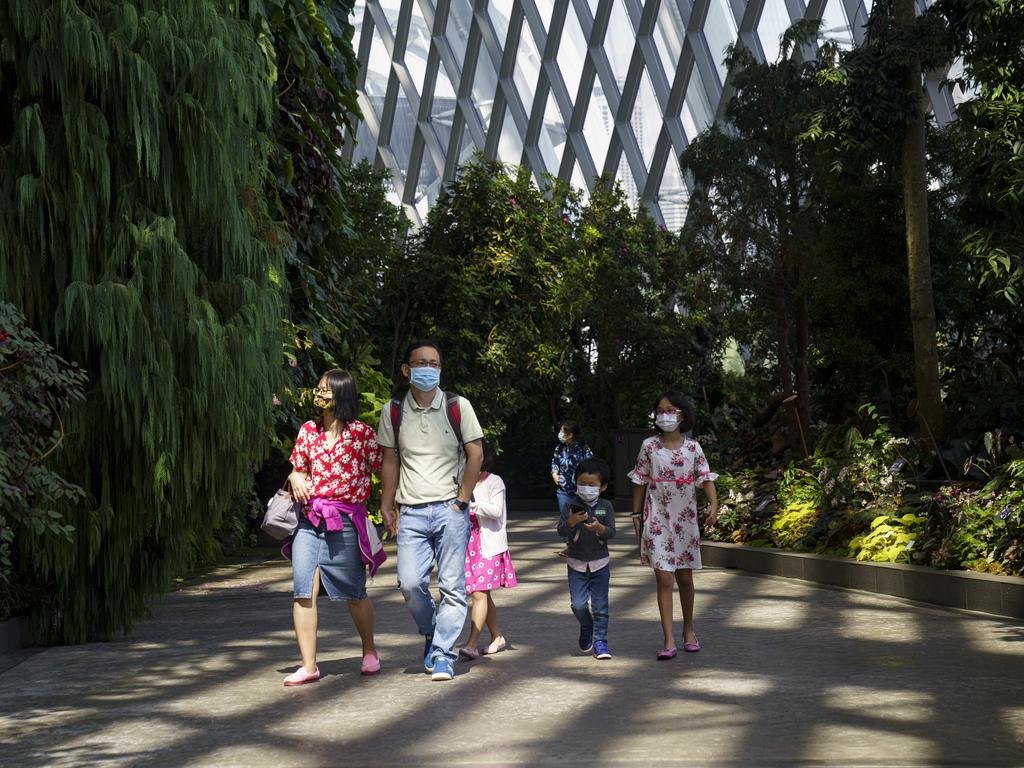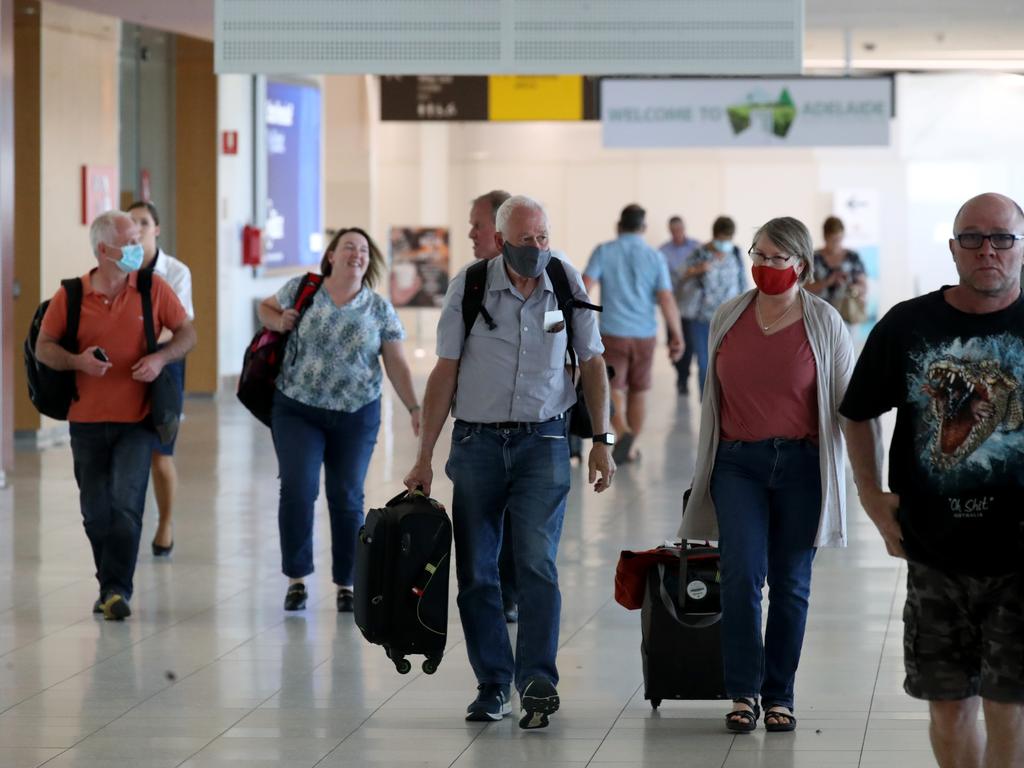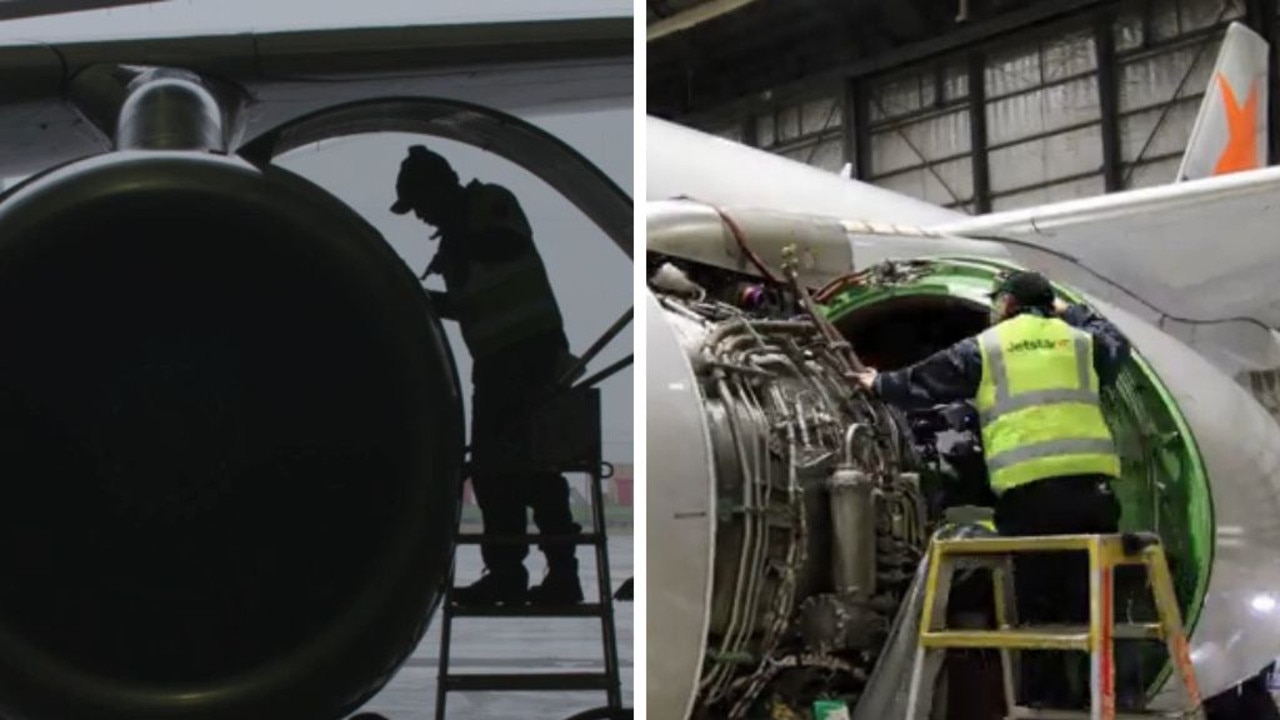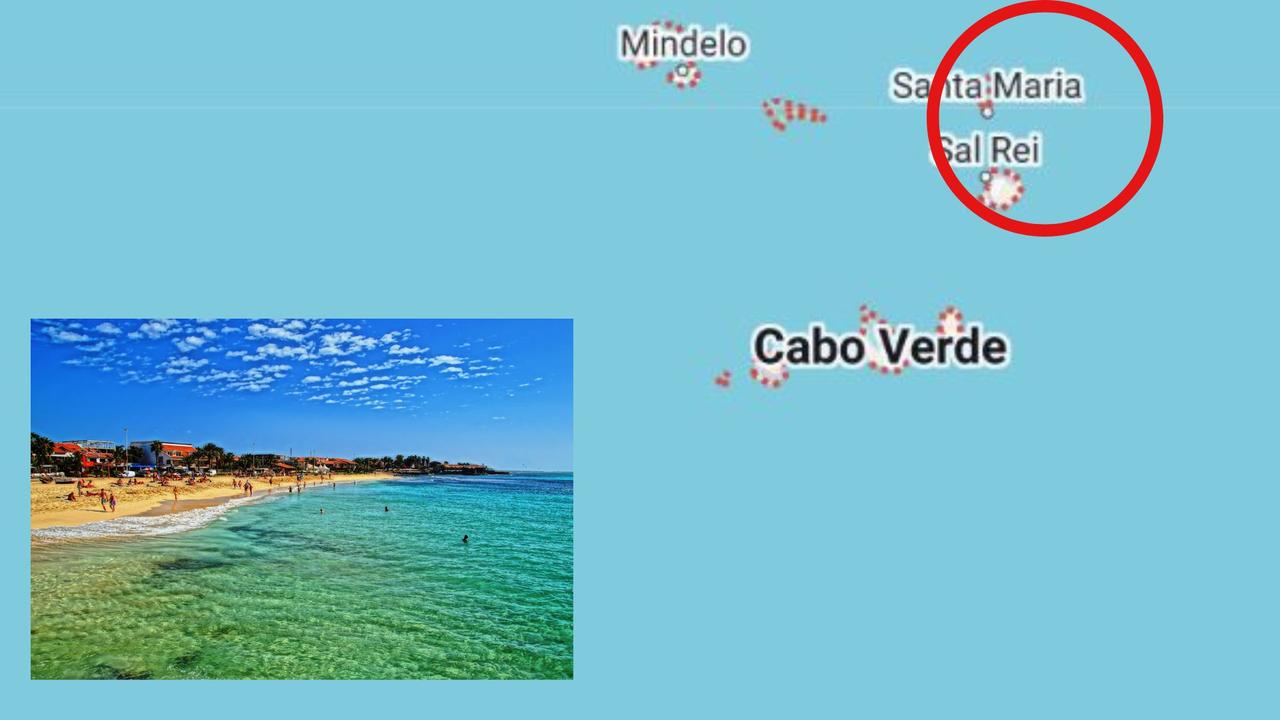COVID restrictions: Why a vaccine alone won’t be enough to make overseas travel safe
Two promising vaccine trials have given us hope – but they may not be all that’s needed to finally restart international travel, experts warn.

Promising results from two potential COVID-19 vaccines have offered hope to a world still hamstrung by the deadly virus, but it may not be the silver bullet for international travel we’ve been waiting for.
Moderna and Pfizer have announced each of their potential candidates are 90 per cent effective and could be rolled out in 2021.
But experts say even if an effective vaccine for coronavirus becomes available, it may not be the only thing we’ll need for overseas journeys to be safe again.
For starters, we may need concrete proof we’ve had the jab.
While the Federal Government’s vaccination policy will not make COVID-19 vaccinations mandatory, the ABC reports proof of having had the shot may be needed for those leaving or returning to Australia, once our international border reopens.
RELATED: When Aussies can go overseas again
RELATED: Border reopening sparks wild celebrations
This is not an unusual proposition: Travellers arriving in Australia from countries where there is risk of yellow fever, for example, must have international certificate of vaccination or prophylaxis.
“Some countries which cannot vaccinate everyone will remain as COVID-19 hotspots into the future, and this is why vaccination will be a prerequisite for travel … much in the way that yellow fever vaccination is required,” epidemiologist Raina MacIntyre from the Kirby Institute at the University of NSW told the ABC.
Another strategy to protect countries from the virus may be mandating tests before entry, which is already the case in some parts of the world accepting international visitors.
The Maldives, Germany, Portugal, Turkey, Croatia, Greece and island nations in the Pacific and the Caribbean are among the destinations where travellers are tested on arrival or require arrivals to present proof of a negative test before their flight.

RELATED: Big hint on when we can travel overseas
Singapore has opened its border to a number of countries, including Australia, however its quarantine-free travel bubble with Hong Kong that was due to begin on Sunday was put on ice due to a worrying surge in cases.
Under the terms of entry into Singapore, arrivals need to be tested and provide a negative result 72 hours before departure.
Singapore also requires visitors to download its contact tracing app – similar to the Federal Government’s controversial COVIDSafe app in Australia.
And there could be more requirements for travellers in the new age of international travel even once we have a vaccine.
Infectious diseases expert Paul Griffin from the University of Queensland said none of the vaccine candidates were approved and much more information was needed.
“We’ll need that information before we can say exactly how it’s going to be implemented and what sort of restrictions will be tied to that,” Dr Griffin told the ABC.
“And it’s not going to be the sole solution; it’s going to need concurrent mitigation strategies, even simple things like masks where people can’t socially distance.”

RELATED: Coronavirus killing one person every eight seconds
He also said it may take a long time until there was sufficient vaccination coverage in a destination for the risk to diminish – if populations were willing to be vaccinated.
Australians hoping to travel internationally will also be at the mercy of governments around the world as they decide on their own terms whether or not to reopen to tourists.
There are still a large number of countries, including our own, that are fully closed to non-essential international travellers.
They include population destinations for Aussie travellers such as New Zealand, Canada and Vanuatu.
Many nations in Asia are still shut, including Japan, China, Indonesia, India, Hong Kong, Thailand, Malaysia, the Philippines and Vietnam.
Some countries across Africa and the Middle East are yet to reopen, including Israel and Saudi Arabia, and while the European Union is theoretically welcoming Australian travellers, outside the union, the nations of Azerbaijan and Georgia remain off limits.



